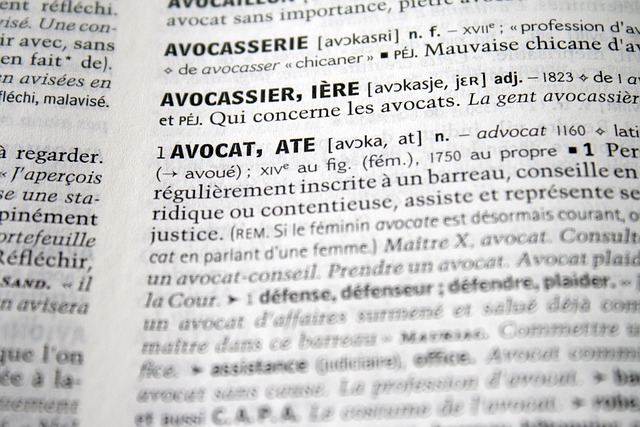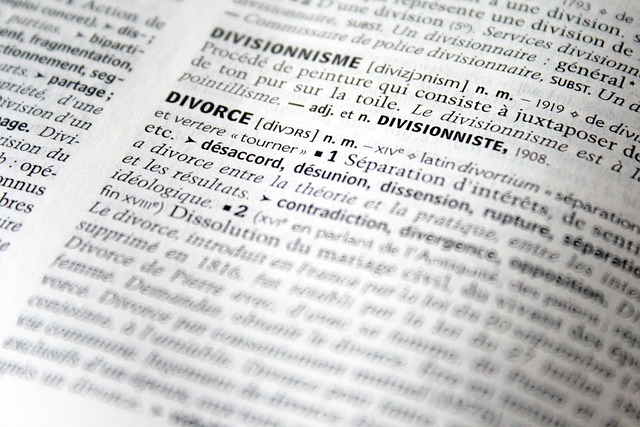Criminal Law Enforcement, a cornerstone of societal justice, orchestrates intricate processes from crime detection to prosecution. This involves a deep understanding of case details and applicable laws. The regulatory framework, vital for social order, governs each step, from offense reporting to disposition. Litigation stages, including pretrial procedures, trials, and appeals, ensure fairness and protect rights. Effective navigation requires knowledge of these processes, especially in complex cases like white-collar crimes, where specialized knowledge is key. Meticulous evidence handling, guided by regulatory law, is crucial for fair outcomes. Modern law enforcement navigates ethical dilemmas, balancing justice with individual rights, transparency, and community trust, particularly in high-profile cases. Understanding Regulatory Law Litigation Stages is essential for efficient, just criminal justice.
Criminal law enforcement is a cornerstone of any just society, aiming to protect citizens, deter crime, and ensure accountability. This article provides an in-depth understanding of this complex field, encompassing key aspects such as defining criminal law, navigating regulatory frameworks, the litigation process, evidence handling, and ethical considerations. By exploring these essential components, including the intricate regulatory law litigation stages, readers gain valuable insights into the intricacies of modern crime enforcement.
- Defining Criminal Law Enforcement: A Foundation for Justice
- The Regulatory Framework: Laws and Their Role in Crime Prevention
- Unraveling Law Litigation: Stages, Process, and Key Players
- Evidence Handling: From Collection to Presentation in Court
- Challenges and Ethical Considerations in Modern Law Enforcement
Defining Criminal Law Enforcement: A Foundation for Justice

Criminal Law Enforcement serves as the cornerstone of a just society, defining and enforcing laws that protect individuals and maintain order. It involves a complex web of processes, from investigating crimes to prosecuting perpetrators, with the ultimate goal of ensuring public safety and delivering justice. Understanding the regulatory framework is key to navigating this field. The law enforcement process begins with the initial stages of crime detection and investigation, where law enforcement agencies gather evidence and interrogate witnesses.
This critical phase sets the foundation for subsequent litigation stages, including grand jury proceedings, trial, and eventual sentencing. Achieving extraordinary results in criminal cases requires a meticulous understanding of not just the facts but also the applicable laws in each respective business or community. Moreover, the dynamics of criminal law enforcement extend beyond punishing criminals; it involves fostering collaboration between philanthropic and political communities to create sustainable solutions that address root causes of crime, ultimately contributing to safer and more equitable societies.
The Regulatory Framework: Laws and Their Role in Crime Prevention

The regulatory framework of criminal law is a complex web of rules and statutes designed to maintain social order and deter potential criminals. These laws, encompassing various stages of the investigative and enforcement process, serve as a cornerstone in achieving extraordinary results in crime prevention. From the initial reporting of an offense to the final disposition, each step is governed by specific regulations that dictate how investigations are conducted, evidence is handled, and justice is served. Understanding these legal parameters is pivotal for both law enforcement agencies and individuals seeking to avoid indictment.
The litigation stages within criminal law further underscore the importance of regulatory compliance. Each phase, including pretrial procedures, trials, and appeals, operates under a defined legal framework. This structured approach ensures fairness, safeguards rights, and provides avenues for review. By adhering to these laws and regulations, law enforcement can navigate the intricate processes effectively, ultimately contributing to a more just and efficient criminal justice system while minimizing the risk of wrongful convictions or excessive punishments.
Unraveling Law Litigation: Stages, Process, and Key Players

Unraveling Regulatory Law Litigation involves understanding a multi-step process that unfolds across various stages. This journey begins with an investigation, where law enforcement and regulatory agencies sift through evidence to identify potential violations. Once sufficient grounds are established, formal charges are filed, signaling the initiation of adversarial proceedings. The court then plays a pivotal role in managing the litigation, ensuring fairness and adherence to legal norms.
Key players emerge during this process—prosecutors who argue for the state, defense attorneys advocating for the accused, and judges who interpret the law and preside over trials. In cases of white-collar and economic crimes, these stages become even more intricate, demanding a deep understanding of both general criminal defense strategies and specialized legal knowledge. Across the country, the nuances of regulatory litigation vary, making it essential to consult experts in this field for effective navigation through these complex proceedings.
Evidence Handling: From Collection to Presentation in Court

Evidence handling is a critical aspect of criminal law enforcement, playing a pivotal role in shaping the outcome of high-stakes cases throughout all stages of the investigative and enforcement process. From the moment evidence is collected, its integrity and admissibility must be meticulously maintained to ensure a fair trial and winning challenging defense verdicts. Understanding regulatory law dictates that proper procedures be followed from initial collection through presentation in court.
This meticulous process involves documenting each step of evidence handling, ensuring it remains unaltered and properly secured. It also requires adherence to strict protocols for preservation, chain of custody, and documentation to withstand legal scrutiny during litigation stages. Effective evidence management not only bolsters the probative value of collected items but also helps in presenting a compelling case, whether it’s for securing a conviction or crafting a winning challenging defense strategy.
Challenges and Ethical Considerations in Modern Law Enforcement

In modern law enforcement, navigating the intricate landscape of criminal justice presents a multitude of challenges and ethical dilemmas. One significant aspect is understanding the regulatory framework that governs various stages of litigation, especially in high-profile cases involving white-collar crimes. These cases often traverse complex paths, from initial investigations to jury trials, requiring meticulous attention to procedural details and strategic navigation. The challenge lies in balancing effective law enforcement with upholding individual rights and ensuring a fair judicial process.
Furthermore, the ethical considerations extend beyond the legal framework. Law enforcement agencies must grapple with issues of transparency, community trust, and avoiding excessive use of force or discriminatory practices. In the context of white-collar defense, strategic planning becomes crucial to navigate the litigation stages, including managing evidence, negotiating pleas, and, in some cases, successfully avoiding indictment altogether. These strategies demand a delicate balance between pursuing justice and respecting the rights of the accused.
Criminal law enforcement is a complex web of defining laws, regulatory frameworks, litigation processes, evidence handling, and ethical considerations. By understanding the intricacies of each component, from defining criminal acts to presenting evidence in court, we can navigate a more effective and just system. As society evolves, it’s crucial to remain vigilant in addressing challenges and adopting modern strategies while upholding fundamental principles of justice, ensuring that regulatory law litigation stages are fair, transparent, and accessible to all.






